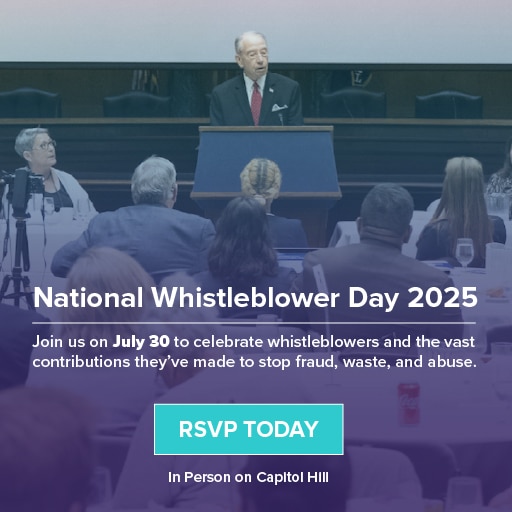On December 3, the U.S. Commodity Futures Trading Commission (CFTC) announced an order filing and settling corruption charges against Vitol Inc., an energy and commodities trading firm. The CFTC charged Vitol with manipulative and deceptive conduct, including foreign corruption. As part of the settlement, Vitol is to pay more than $95 million in civil monetary penalties and disgorgement. This is the first-ever CFTC enforcement action involving foreign corruption. Qualified whistleblowers may now submit awards claims for the case.
The CFTC’s order finds that Vitol’s fraudulent conduct occurred from 2005 to 2020. The order claims that Vitol made corrupt payments, such as bribes and kickbacks, to employees of state-owned entities (SOEs) in Brazil, Ecuador, and Mexico. These corrupt payments were allegedly made in order to “obtain preferential treatment and access to trades with the SOEs to the detriment of the SOEs and other market participants.” Furthermore, the order finds that Vitol concealed these corrupt payments through offshore bank accounts and other fraudulent means. According to the CFTC, this fraudulent conduct secured Vitol “unlawful competitive advantages in trading physical oil products and derivatives.”
The order further finds that in 2014 and 2015, Vitol “acted to manipulate two Platts fuel oil benchmarks for the purpose of benefiting Vitol’s related physical and derivatives positions, including positions obtained while in possession of confidential information.” According to the CFTC, by attempting to manipulate these benchmarks, Vitol was additionally attempting to manipulate “numerous futures, swaps, and other derivatives and physical trades that price in reference to those benchmarks.” This manipulation would have been to the determinant of other market participants.
The CFTC determined that Vitol’s fraudulent and manipulative conduct “defrauded its counterparties, harmed other market participants, and undermined the integrity of the U.S. and global physical and derivatives oil markets.”
“This historic enforcement action demonstrates that the CFTC will actively pursue fraud tied to foreign corruption and manipulation that impacts the U.S. derivatives and related physical markets,” said CFTC Chairman Heath P. Tarbert. “I want to thank Neel Chopra in particular for his leadership in helping the Commission bring this important action.”
On December 8, the CFTC posted a Notice of Covered Action in reference to the case. The Notice states that the CFTC “hereby gives notice that individuals may submit whistleblower award claims within 90 days from today’s date.” Qualified CFTC whistleblowers, individuals who voluntarily submit original information that leads to a successful enforcement action, are entitled to a monetary award of 10-30% of funds recouped by the government. In the 2020 fiscal year, the CFTC received a record-setting 140 whistleblower award applications. The CFTC Whistleblower Program additionally provides anti-retaliation protections, including confidentiality, for whistleblowers.
The Dodd-Frank Act, which mandated the creation of the CFTC Whistleblower Program, also added whistleblower provisions to the Foreign Corrupt Practices Act (FCPA). The FCPA is a U.S. law that prohibits payments to foreign government officials in order to obtain business advantages. Whistleblowers who disclose FCPA violations are eligible for monetary awards. Whistleblower claims under the FCPA are initially filed with either CFTC or the Securities and Exchange Commission. These awards are not limited to U.S. citizens.
Read:




